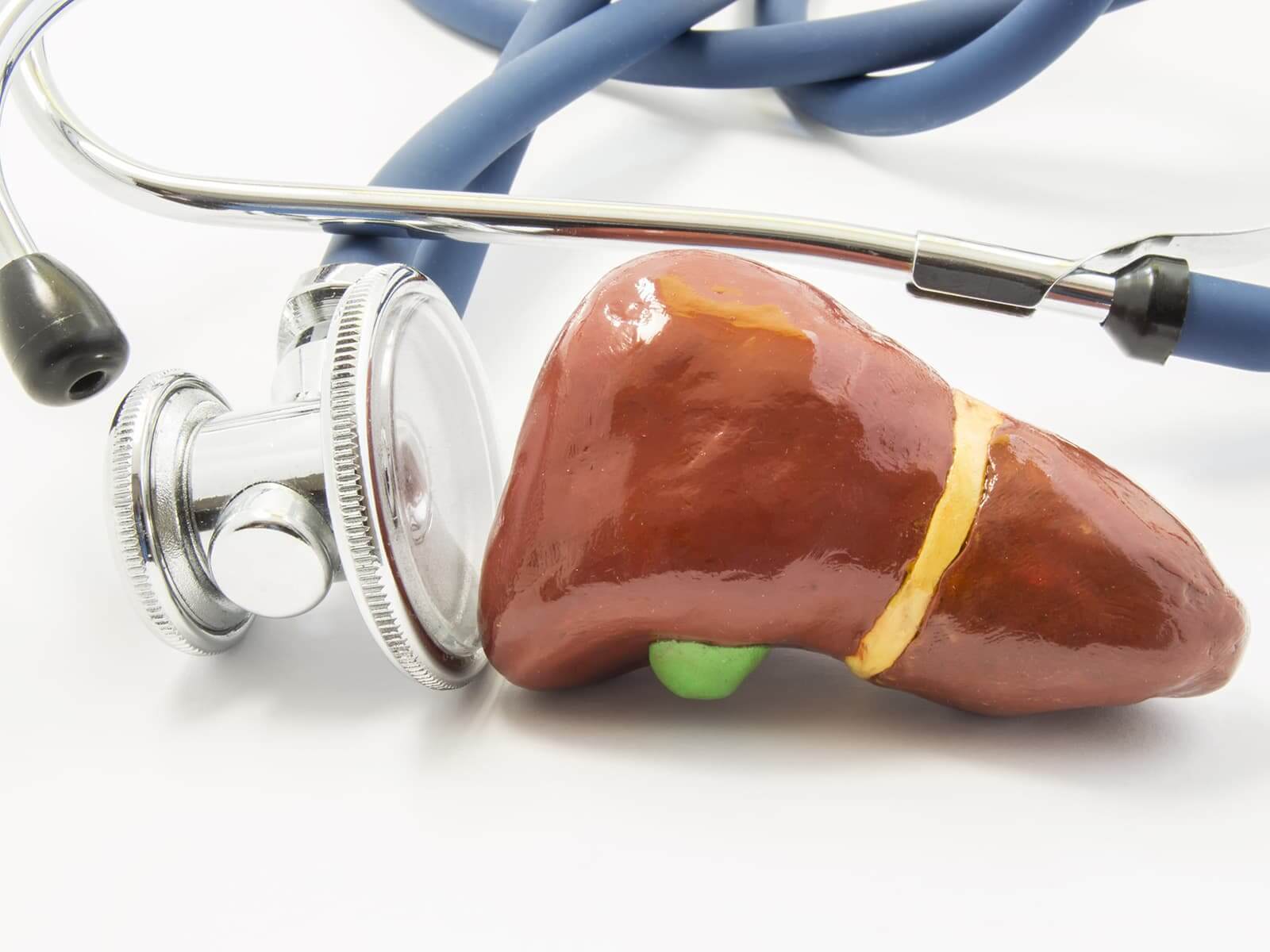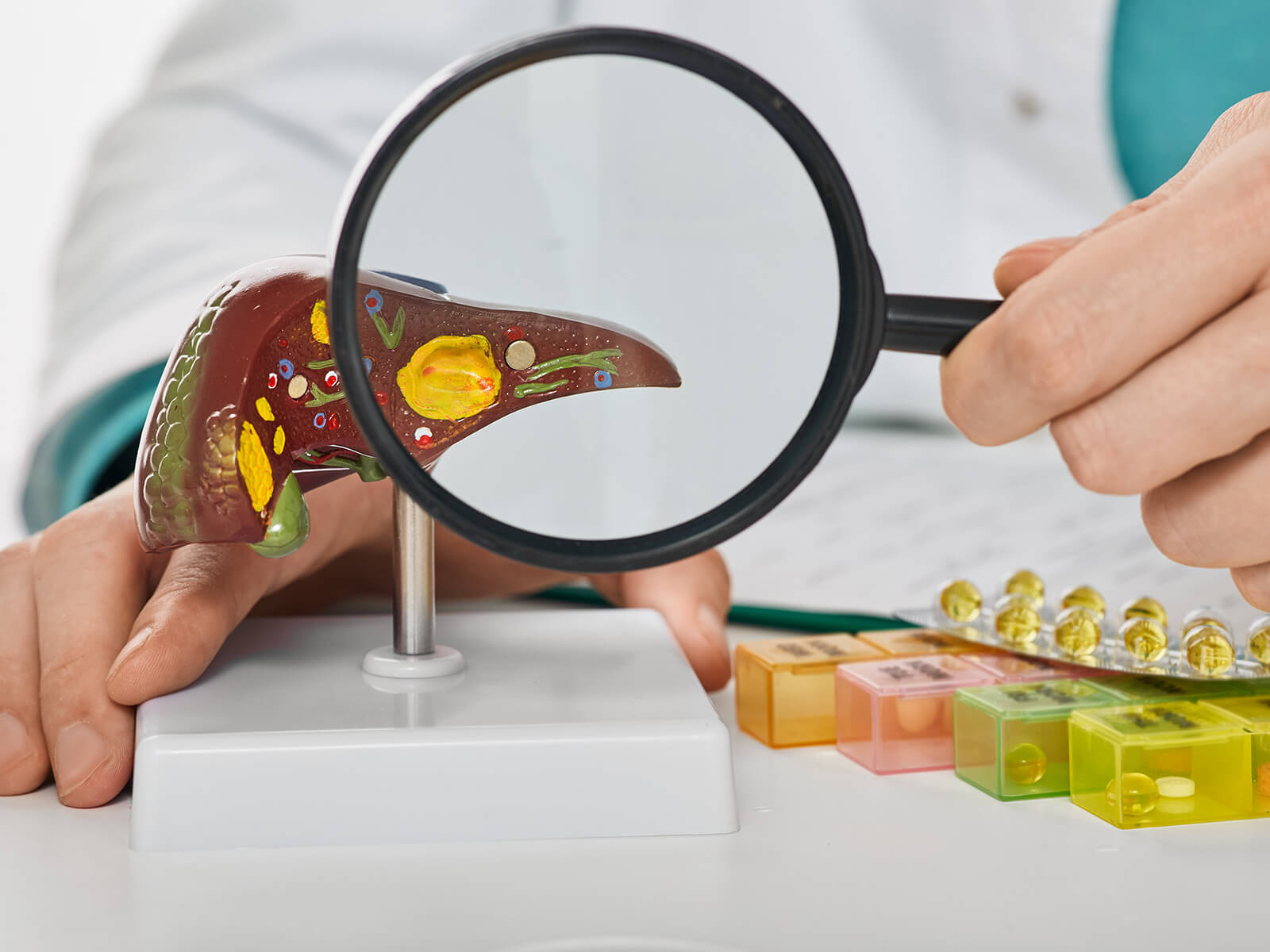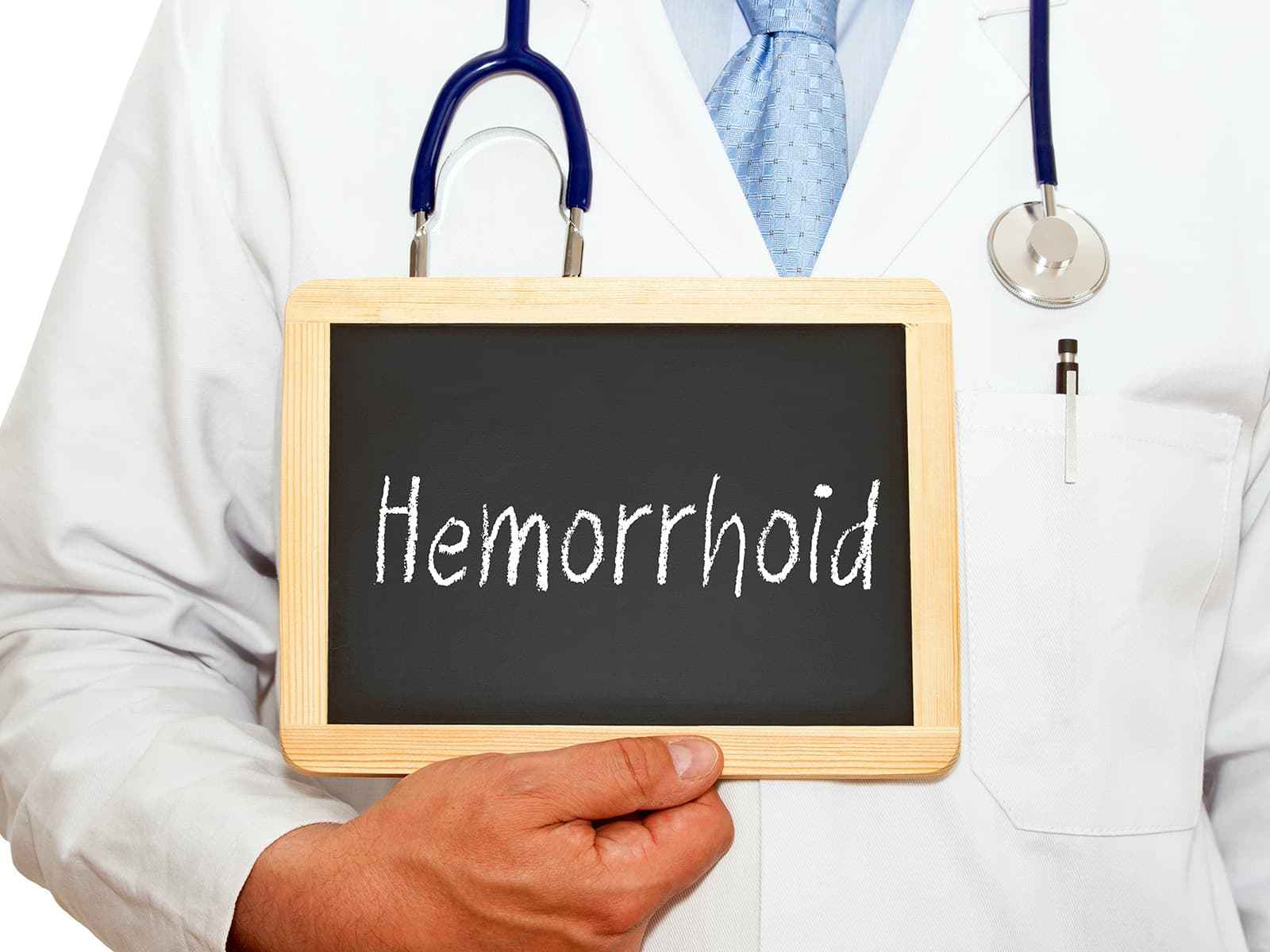At GastroDoxs, we provide expert care in diagnosing and managing hemorrhoids with a comprehensive and compassionate approach.

At GastroDoxs, we provide expert care in diagnosing and managing hemorrhoids with a comprehensive and compassionate approach.

At GastroDoxs, we specialize in diagnosing and treating a wide range of gastrointestinal and liver-related disorders, including hepatic encephalopathy.

At GastroDoxs, we specialize in diagnosing and treating a wide range of gastrointestinal and liver-related disorders, including hepatic fibrosis.

Hepatitis B is a serious liver infection caused by the hepatitis B virus (HBV). It's a global health concern, impacting millions of people worldwide.

Hepatitis C is a viral infection that primarily affects the liver. It can lead to inflammation and serious long-term health issues.

At GastroDoxs, we specialize in diagnosing and treating a wide range of gastrointestinal disorders, including hiatal hernias.

At GastroDoxs, we specialize in diagnosing and managing a wide range of health concerns, including hypertension.

At GastroDoxs, we specialize in diagnosing and treating a broad spectrum of gastrointestinal and blood-related conditions, including acute anemia due to blood loss.

At GastroDoxs, we focus on the comprehensive diagnosis and treatment of Inflammatory Bowel Disease (IBD).

At GastroDoxs, we specialize in diagnosing and treating a wide range of gastrointestinal disorders, including Internal Hemorrhoids.

At GastroDoxs, we specialize in diagnosing and treating Irritable Bowel Syndrome (IBS) with a comprehensive and personalized approach.

At GastroDoxs, we diagnose and manage Liver Cysts, fluid-filled sacs in the liver that are usually benign but can cause pain or bloating.
Gastrointestinal (GI) conditions include acid reflux (GERD), irritable bowel syndrome (IBS), Crohn’s disease, ulcerative colitis, celiac disease, constipation, diarrhea, and more. Our specialists diagnose and treat a wide range of digestive disorders.
If you experience frequent symptoms such as bloating, abdominal pain, acid reflux, constipation, or diarrhea, it’s recommended to see a gastroenterologist for evaluation and diagnosis.
You should consult a gastroenterologist if you experience persistent digestive issues, blood in stool, unexplained weight loss, severe abdominal pain, or difficulty swallowing.
Common diagnostic procedures include endoscopy, colonoscopy, stool tests, breath tests, imaging scans (CT/MRI), and lab work to assess digestive function.
Some GI conditions, like Crohn’s disease, ulcerative colitis, and celiac disease, have genetic components, meaning they can run in families. However, environmental and lifestyle factors also play a role.
Maintaining a healthy diet, staying hydrated, exercising regularly, managing stress, and avoiding smoking and excessive alcohol consumption can help prevent digestive issues.